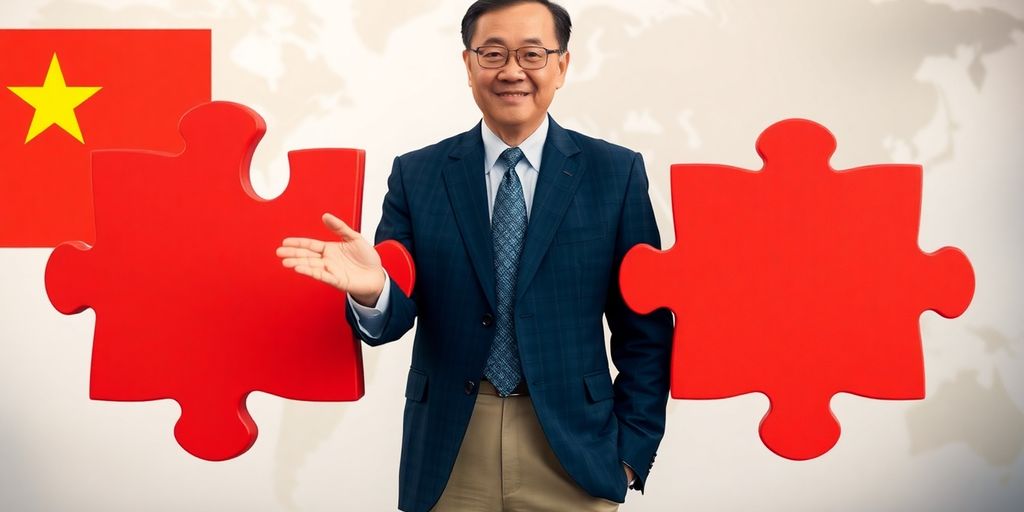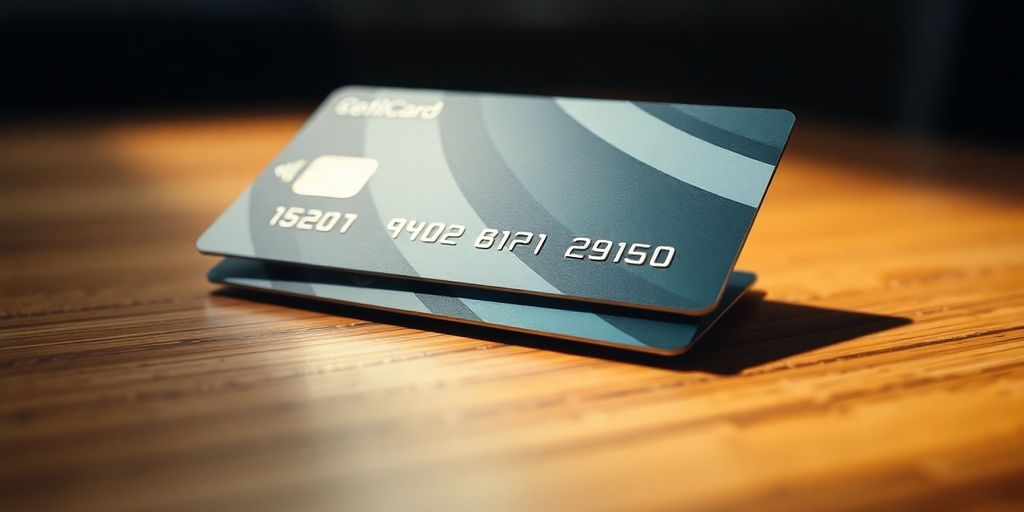George Yeo: This is How to Resolve the Taiwan-China Issue

George Yeo, Singapore’s former foreign minister, recently shared his thoughts on the China-Taiwan situation. He talked about how Taiwan fits into the bigger picture of the US-China rivalry. His ideas offer a different way to look at things, especially when it comes to how Taiwan might deal with the mainland in the future. It’s a perspective that makes you think about the whole conflict in a new light.
The Shifting Sands of Power
For a long time, the US kept China and Taiwan apart, especially after the Korean War. It was in America’s interest to do so. But things have changed. When Henry Kissinger talked with Chinese leaders about normalizing relations, Taiwan was always a big topic. The Chinese were very firm: Taiwan is not something to be used as a bargaining chip. Playing that card could lead to a big problem, maybe even war.
In recent years, the relationship has gotten pretty bad. Both sides are thinking about what would happen if there was a war. What would each side do if China tried to take Taiwan by force? The US military and groups like RAND have run through these scenarios. They’ve come to a conclusion: a regular war might not be winnable for the US. China now has missiles that can hit US aircraft carriers from far away, meaning those carriers would have to stay out of the fight. This means if the US wants to stop China, they might have to think about using nuclear weapons, even small ones.
China knows the US wants to stop it from hitting back. China has missiles on high-speed trains and in tunnels. But with satellites, it’s hard to hide them. So, China needs submarines, and the South China Sea is deep enough for them. This is why the AUKUS deal, which adds more Australian submarines, is seen by some as a way to track and hunt down Chinese submarines. This kind of thinking, about nuclear exchanges, is pretty intense.
China wants to make sure it can hit back if attacked. The US wants to stop that. So, China is building more missile silos. It’s like a game where they have more empty silos than missiles, making it harder for the US to destroy everything in one go.
Taiwan’s Crossroads: Negotiate or Wait?
If you’re Taiwanese, think about this: in about 10 years, China will likely have a strong ability to hit back against the US. At that point, a regular war might not work, and a nuclear war is too risky. The pressure on Taiwan—political, military, and economic—is going to get much bigger. So, keeping things as they are now is like a ticking bomb. It won’t last forever. In 10 years, that clock will be ticking much faster.
Some people, like Lien Chan, have always said it’s better for Taiwan to talk with the mainland sooner rather than later. The longer you wait, the weaker your position becomes. But, of course, some Taiwanese believe that if they wait long enough, something big will happen in mainland China—maybe a struggle within the Communist Party or even a new civil war. Then, Taiwan could become truly independent. But you can’t base your policy on such a small chance. It’s too risky.
So, from an outsider’s view, it seems better to negotiate now. This is why there was a Free Trade Agreement under President Ma. Some people think President Xi Jinping is just waiting to invade Taiwan for his legacy. But this doesn’t quite fit with what he did in 2015. In Singapore, he met with President Ma. They even split the dinner bill 50/50. The words spoken that evening were very moving. Both sides went beyond politics, addressing each other with respect. The idea was to go up, not down.
But President Ma was stepping down, and everyone knew Tsai Ing-wen would likely become president. After she was elected, before she was sworn in, she said China didn’t have a good attitude. But in Singapore, Xi Jinping had opened a path for her. She couldn’t take that path because it meant accepting a "one China" idea, which her party’s constitution doesn’t allow. The DPP constitution talks about an independent Republic of Taiwan, even though both sides have sworn on the idea of one China. This is a big problem for many Taiwanese. They see a path, but they worry it’s a trap because "one China" might mean "one PRC." They say no, but the alternative is a dead end, which could lead to tragedy for Taiwan, the mainland, and even the world if there’s a war between China and the US.
A Path Forward: The Chinese Commonwealth
This path isn’t a superhighway, but it’s not a bad road. The PRC doesn’t say "one PRC policy"; it says "one China." It doesn’t define it too much. Ambiguity is important. The mainland accepts some ambiguity, and Taiwan should too. The problem is the DPP constitution.
Maybe it’s possible for both sides to agree on a "Chinese Commonwealth." Lien Chan talked about this. There are examples in history, like Iceland’s early democracy or Switzerland’s cantons, where groups came together to discuss common problems without a central government. So, with "one China," maybe we can talk about a "one China Commonwealth" where both sides discuss trade and problems, agreeing on principles without needing a shared executive.
Can the mainland accept this? I think so. Look at Macau. It was given to the Portuguese in the 16th century because China wanted them to have their own area and not cause trouble. The Portuguese understood this. Even when Portugal had a revolution in 1973 and wanted to return Macau immediately, China said no, wait until Hong Kong is settled. Macau only returned in 1999, and even today, how it’s run hasn’t really changed. We don’t know what China will be like in 20 years. China today is very different from 20 or 40 years ago.
So, the idea of a Chinese Commonwealth is something to consider. It’s a way for them to come together, where Taiwan can keep its links with America (but not in a way that threatens China) and with other countries. This would allow for continued interaction. The problem is the DPP’s party constitution. Maybe it’s not possible to change the constitution, but perhaps the political parties in Taiwan could add a preamble explaining what "one China" means to Taiwan. This would make Taiwan’s position clearer. If Taiwan is divided, its position is weak. But if there’s a broad agreement among political parties about a long-term commonwealth, not a PRC or ROC, but just "China," then there’s a way forward. A little clarification from Taiwan could put it back on the path opened by Xi Jinping and Ma Ying-jeou in Singapore in 2015.
Taiwan’s Value and Future
This will only work if Taiwan remains valuable to the mainland. Why do people from Singapore, Hong Kong, and other places like to visit Taiwan? It’s beautiful, the people are cultured, the food is great, and there’s a common courtesy. It has a global feel. You feel comfortable there. Another area where Taiwan excels is semiconductors. Some people, like Vivek Ramaswamy, think we should move TSMC to the US so we don’t need Taiwan anymore. But TSMC isn’t just factories; it’s an entire ecosystem that grew in Taiwan. It can’t be fully copied in America, China, or Singapore. Taiwan has a very educated population, smart people. This success comes from its connections with the mainland, America, and Japan. These layers make Taiwan unique, special, and valuable to the mainland.
Coming together as equals only works if Taiwan continues to be valuable to the mainland. Singapore deals with China this way. There was a time when China needed Singapore for many things, but now it doesn’t need Singapore for those same things. So, Singapore must continue to have things that China wants and can’t develop itself. This is how Singapore stays important to China and the rest of the world. We only do well by being valuable and helping others. Taiwan must continue to do this, and it can, as long as its young, smart people stay in Taiwan. Even if they travel overseas, they remain Taiwanese at heart. That’s the key.








Responses